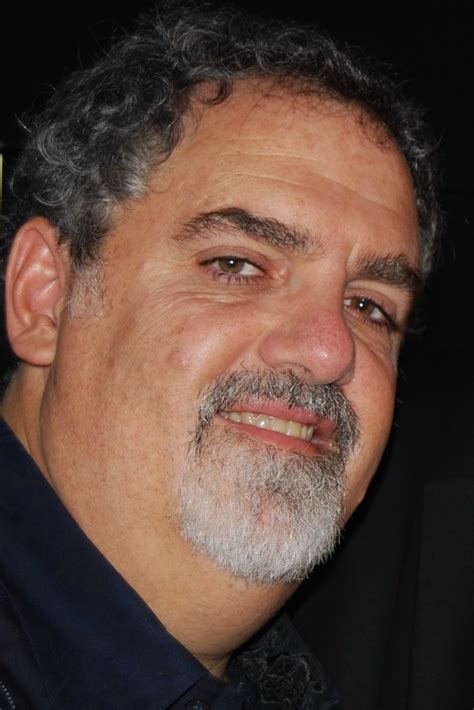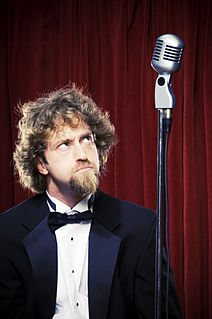A Quote by Henry David Thoreau
The poet who walks by moonlight is conscious of a tide in his thought which is to be referred to lunar influence.
Related Quotes
A large part of our attitude toward things is conditioned by opinions and emotions which we unconsciously absorb as children from our environment. In other words, it is tradition—besides inherited aptitudes and qualities—which makes us what we are. We but rarely reflect how relatively small as compared with the powerful influence of tradition is the influence of our conscious thought upon our conduct and convictions.
I believe that the unity of man as opposed to other living things derives from the fact that man is the conscious life of himself. Man is conscious of himself, of his future, which is
death, of his smallness, of his impotence; he is aware of others as others; man is in nature, subject to its laws even if he transcends it with his thought.
One of the surest tests of the superiority or inferiority of a poet is the way in which a poet borrows. Immature poets imitate mature poets steal bad poets deface what they take and good poets make it into something better or at least something different. The good poet welds his theft into a whole of feeling which is unique utterly different than that from which it is torn the bad poet throws it into something which has no cohesion. A good poet will usually borrow from authors remote in time or alien in language or diverse in interest.
If you can influence the leaders, either with or without their conscious cooperation, you automatically influence the group which they sway. But men do not need to be actually gathered together in a public meeting or in a street riot, to be subject to the influences of mass psychology. Because man is by nature gregarious he feels himself to be member of a herd, even when he is alone in his room with the curtains drawn.
Man ordinarily is a robot. He lives apparently awake, but not really. He walks, he talks, he acts, but it is all as if in sleep - not conscious of what he is doing, not conscious of what he is saying, not conscious of all that surrounds him. He moves surrounded in a dark cloud of unawareness. According to Gautama the Buddha, this is the original sin: to live unconsciously, to act out of unconsciousness. In fact, the word 'sin' comes from a root which means forgetfulness. Sin simply means that we are not conscious, aware, alert, that we don't have any inner light to guide us.
Moonlight streamed in, sending loving beams over his face. He closed his eyes and basked in it, and I could tell it was calling to him, even though the moon was not full. She didn't speak to me, but Samuel had once described her song to me in the words of a poet. The expression of bliss on his face while he listened to her music made him beautiful.
Poetry is not like reasoning, a power to be exerted according to the determination of the will. A man cannot say, 'I will compose poetry.' The greatest poet even cannot say it; for the mind in creation is as a fading coal, which some invisible influence, like an inconstant wind, awakens to transitory brightness...and the conscious portions of our natures are unprophetic either of its approach or its departure.

































